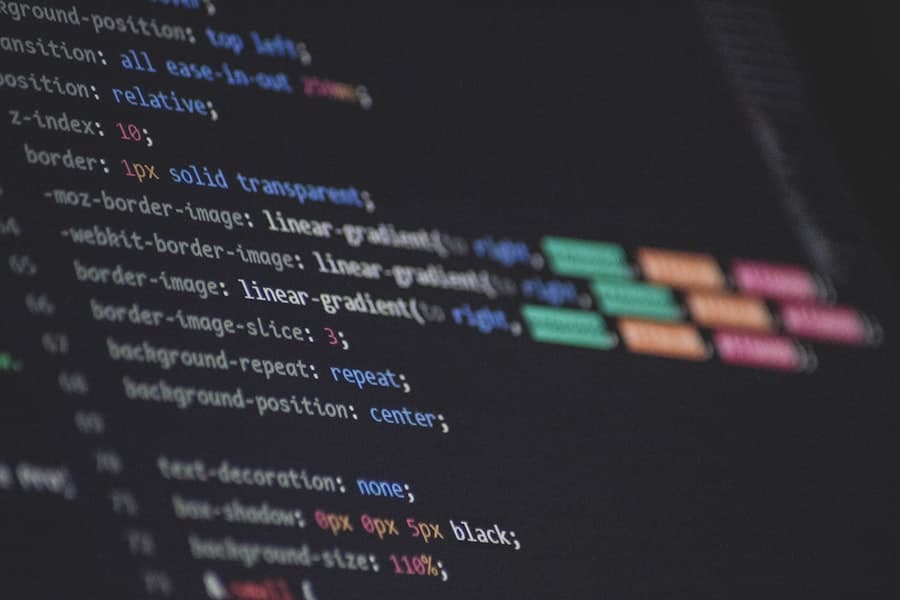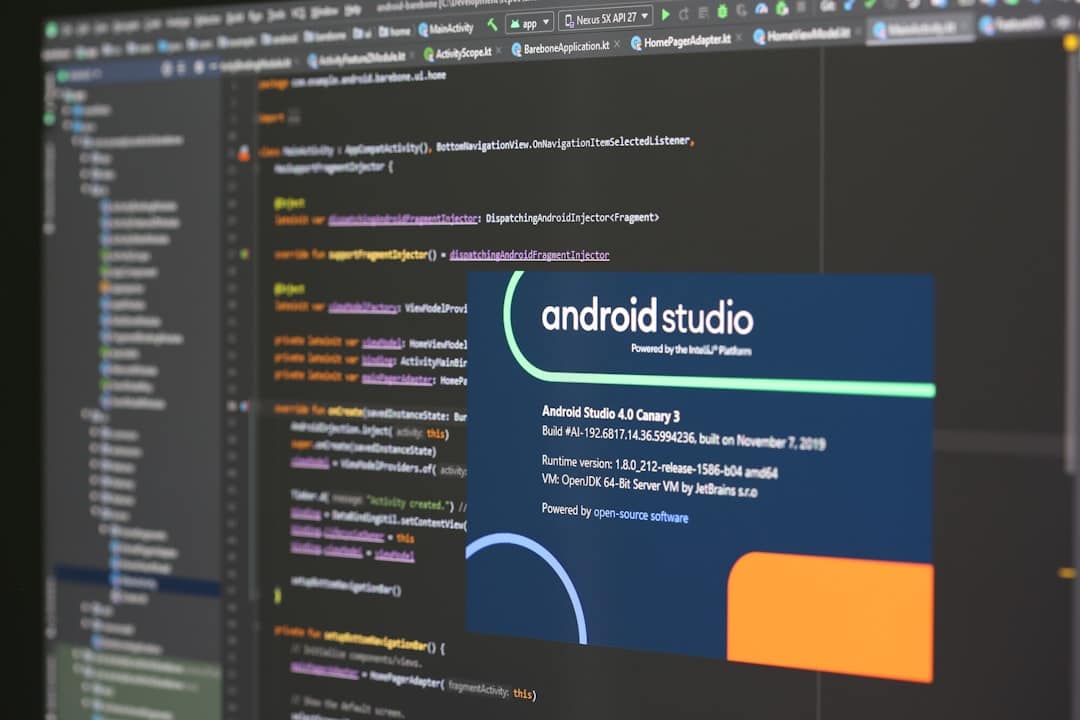Remote Code Execution (RCE) platforms have emerged as pivotal tools in the realm of software development and education, enabling users to write, execute, and test code in a cloud-based environment. These platforms allow individuals to run code from any location, provided they have internet access, thus breaking down geographical barriers that traditionally hindered collaborative learning and development. The rise of RCE platforms can be attributed to the increasing demand for flexible learning environments, particularly in the wake of the global shift towards online education.
By providing a space where learners can experiment with code without the need for local installations or complex setups, RCE platforms democratize access to programming resources. The functionality of RCE platforms extends beyond mere code execution; they often come equipped with integrated development environments (IDEs), version control systems, and collaborative features that enhance the learning experience. This integration allows students and educators to engage in real-time coding exercises, share projects seamlessly, and receive immediate feedback on their work.
As educational institutions increasingly adopt technology-driven approaches to teaching, understanding the role of RCE platforms becomes essential for both educators and learners aiming to harness the full potential of coding education.
Key Takeaways
- Remote code execution platforms allow users to write, compile, and execute code from a remote server, providing a flexible and collaborative environment for programming and development.
- Using remote code execution platforms in education can enhance learning by providing access to a wide range of programming languages, tools, and resources, and enabling real-time collaboration and feedback.
- Remote code execution platforms facilitate collaboration in education by allowing students and teachers to work together on coding projects, share code, and provide feedback in real-time, regardless of their physical location.
- Security considerations when using remote code execution platforms in education include ensuring data privacy, protecting against unauthorized access, and implementing secure coding practices to prevent potential vulnerabilities.
- Case studies of successful implementation of remote code execution platforms in education demonstrate improved student engagement, enhanced learning outcomes, and increased collaboration among students and educators.
Benefits of Using Remote Code Execution Platforms in Education
One of the most significant advantages of RCE platforms in education is their ability to provide a consistent and accessible coding environment for all students. Traditional programming courses often require students to install specific software on their personal computers, which can lead to compatibility issues and varying levels of access based on hardware capabilities. RCE platforms eliminate these barriers by offering a uniform environment that can be accessed from any device with an internet connection.
This ensures that all students, regardless of their technical background or resources, can participate fully in coding exercises and projects. Moreover, RCE platforms facilitate immediate feedback and assessment, which is crucial for effective learning. Many of these platforms include built-in testing frameworks that allow students to run their code against predefined test cases.
This instant feedback loop helps learners identify errors and understand concepts more deeply as they iterate on their work. For instance, platforms like Replit and Glitch provide real-time collaboration features that enable peers to work together on coding assignments, fostering a sense of community and shared learning. The ability to see changes made by others in real time not only enhances understanding but also encourages peer-to-peer learning, which is invaluable in educational settings.
How Remote Code Execution Platforms are Facilitating Collaboration in Education

Collaboration is a cornerstone of modern education, particularly in fields like computer science where teamwork is often essential for success. RCE platforms are designed with collaboration in mind, offering features that allow multiple users to work on the same project simultaneously. This capability transforms the way students engage with each other and their instructors, creating an interactive learning environment that mirrors real-world software development practices.
In addition to real-time collaboration, RCE platforms often include tools for version control, which are critical for managing changes in collaborative projects. Students can track modifications made by themselves and their peers, facilitating discussions about code quality and best practices.
This aspect not only teaches students about version control systems like Git but also instills a sense of accountability as they learn to document their contributions effectively. The collaborative nature of RCE platforms encourages students to communicate more openly about their coding processes, leading to richer discussions and deeper learning experiences.
Security Considerations When Using Remote Code Execution Platforms
While the benefits of RCE platforms are substantial, it is crucial to address the security implications associated with their use in educational settings. One primary concern is the potential exposure of sensitive data. When students write code that interacts with databases or APIs, there is a risk that they may inadvertently expose personal information or credentials if proper security measures are not in place.
Educators must ensure that students are aware of best practices for handling sensitive data and that the RCE platform itself implements robust security protocols. Another significant security consideration is the risk of malicious code execution. RCE platforms must have stringent safeguards to prevent users from executing harmful scripts that could compromise the platform or other users’ data.
This includes implementing sandboxing techniques that isolate code execution environments from one another, thereby minimizing the risk of cross-contamination between projects. Educators should also emphasize the importance of ethical coding practices and cybersecurity awareness among students, preparing them for responsible programming in both academic and professional contexts.
Case Studies of Successful Implementation of Remote Code Execution Platforms in Education
Several educational institutions have successfully integrated RCE platforms into their curricula, demonstrating their effectiveness in enhancing learning outcomes. For instance, Stanford University adopted an RCE platform called JupyterHub for its data science courses. This platform allows students to write Python code in an interactive notebook format while accessing powerful computational resources remotely.
The implementation resulted in increased student engagement and improved performance on coding assignments, as students could experiment with data analysis techniques without worrying about local setup issues. Another notable example is the use of Replit in high school computer science classes across various districts in the United States. Teachers reported that Replit’s collaborative features significantly improved student participation and peer interaction during coding exercises.
Students were able to work together on projects in real time, leading to a more dynamic classroom environment where learners could share ideas and troubleshoot problems collectively. The success of these case studies highlights the potential of RCE platforms to transform traditional educational practices and foster a more inclusive learning atmosphere.
Tips for Choosing the Right Remote Code Execution Platform for Educational Purposes

Selecting an appropriate RCE platform for educational purposes requires careful consideration of several factors. First and foremost, educators should evaluate the platform’s ease of use and accessibility. A user-friendly interface is essential for minimizing barriers to entry for students who may be new to coding.
Platforms that offer comprehensive tutorials or onboarding processes can significantly enhance the user experience and facilitate smoother transitions into coding tasks. Additionally, it is important to consider the range of programming languages supported by the platform. Different courses may require different languages; therefore, choosing a platform that accommodates a variety of languages can provide flexibility in curriculum design.
Furthermore, educators should assess the collaborative features available on the platform, such as real-time editing capabilities and integrated communication tools. These features can greatly enhance group projects and peer interactions, making them vital considerations when selecting an RCE platform.
The Future of Remote Code Execution Platforms in Education
The future of RCE platforms in education appears promising as technological advancements continue to shape how we teach and learn coding skills. With the rise of artificial intelligence (AI) and machine learning (ML), we can expect RCE platforms to incorporate intelligent features that provide personalized learning experiences for students. For instance, AI-driven code suggestions or automated debugging tools could help learners navigate complex coding challenges more effectively.
Moreover, as remote learning becomes increasingly normalized, RCE platforms will likely evolve to support hybrid learning models that combine online and in-person instruction.
As educational institutions continue to embrace digital transformation, RCE platforms will play an integral role in shaping the future landscape of computer science education.
The Impact of Remote Code Execution Platforms on the Future of Education
The integration of Remote Code Execution platforms into educational settings has already begun to reshape how coding is taught and learned across various levels of education. By providing accessible environments for experimentation and collaboration, these platforms empower students to engage with programming concepts more deeply than ever before. As we look ahead, it is clear that RCE platforms will continue to play a vital role in fostering innovation and inclusivity within educational frameworks, ultimately preparing learners for success in an increasingly digital world.
A related article to “How Remote Code Execution Platforms Are Enabling Education” is “The Best Shared Hosting Services in 2023” which discusses the importance of reliable hosting services for online platforms used in education. To learn more about the best shared hosting services, check out this article.
FAQs
What is a remote code execution platform?
A remote code execution platform is a tool or service that allows users to write, execute, and debug code from a remote location, often through a web browser. This enables users to access programming environments and resources without needing to install software locally.
How are remote code execution platforms being used in education?
Remote code execution platforms are being used in education to provide students with access to programming environments and resources from anywhere with an internet connection. This allows for greater flexibility in learning and enables educators to create interactive and collaborative programming assignments.
What are the benefits of using remote code execution platforms in education?
Some benefits of using remote code execution platforms in education include increased accessibility to programming resources, the ability to collaborate on coding projects remotely, and the flexibility to work on assignments from any location. Additionally, these platforms can provide a consistent environment for students to work in, regardless of their personal computing setup.
Are there any security concerns with using remote code execution platforms in education?
While remote code execution platforms can provide valuable educational opportunities, there are potential security concerns to consider. It’s important for educators and students to be aware of the potential risks associated with sharing and executing code in a remote environment, and to follow best practices for secure coding and data protection.
What are some popular remote code execution platforms used in education?
Some popular remote code execution platforms used in education include CodePen, Repl.it, and GitHub’s online code editor. These platforms offer a range of features, such as support for multiple programming languages, collaborative coding tools, and integration with version control systems.

